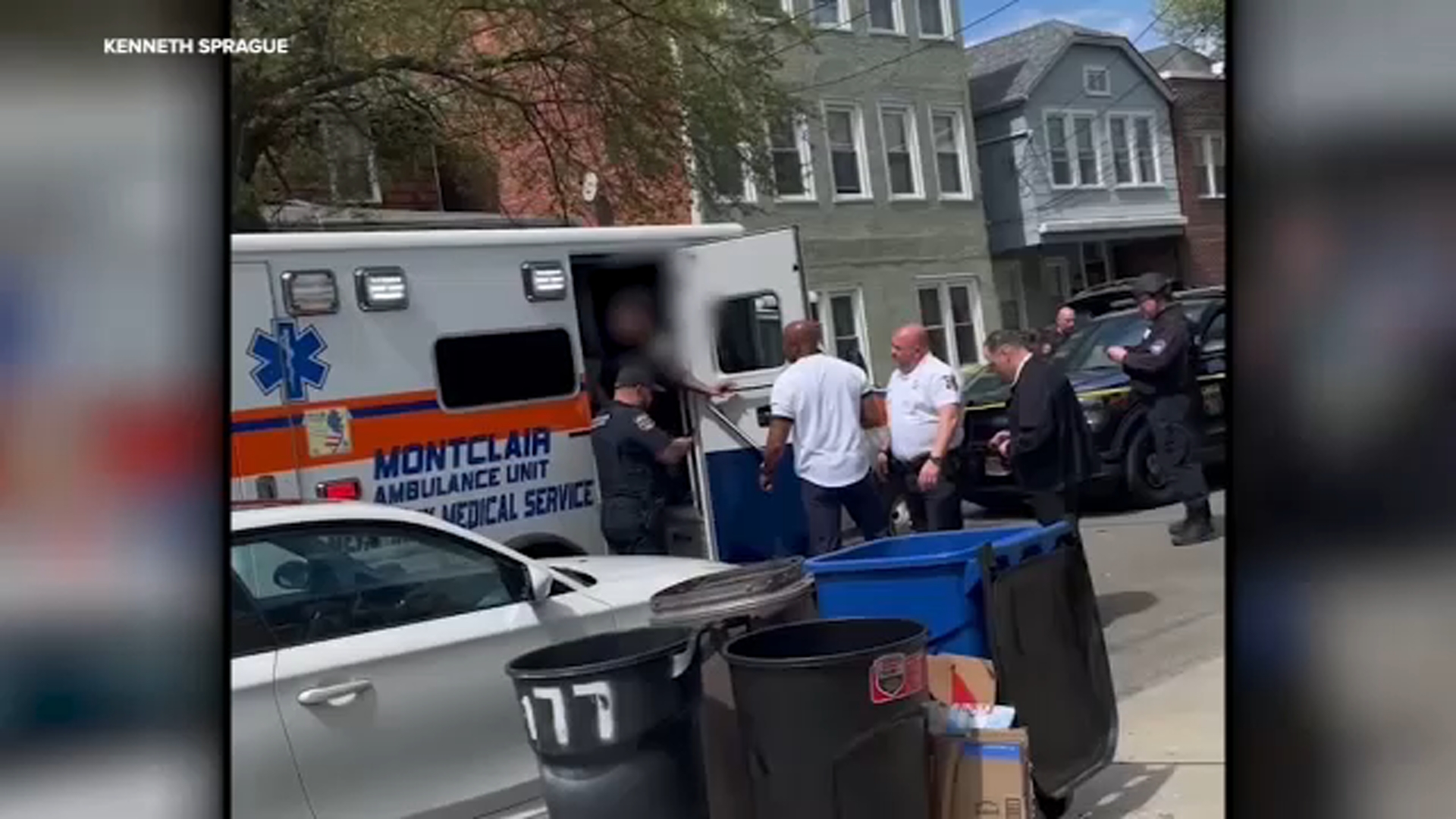FBI: Air marshal attacked with syringe in Nigeria

HOUSTON -- A U.S. air marshal was recovering after being attacked with a syringe containing an unknown substance at a Nigerian airport, officials said Tuesday.
Preliminary tests showed the syringe did not contain any deadly pathogens, according to FBI spokesman Christos Sinos.
Authorities are still trying to determine what was in the syringe, but Sinos said initial tests by the Centers for Disease Control and Prevention are "negative for any bad stuff," including Ebola.
The air marshal, who was on duty at the time, was attacked Sunday at the airport in Lagos, Nigeria, one of the West African countries dealing with an Ebola outbreak.
The unidentified air marshal then boarded a United Airlines flight and was taken to a hospital after landing at Houston's Bush Intercontinental Airport on Monday.
"Out of an abundance of caution, the (CDC) conducted an on-scene screening of the victim when (the flight) landed in Houston early Monday morning," the FBI said in a statement. "The victim did not exhibit any signs of illness during the flight and was transported to a hospital upon landing for further testing. None of the testing conducted has indicated a danger to other passengers."
The air marshal's condition was not immediately known Tuesday. CDC spokeswoman Barbara Reynolds said her agency did not have any information about his condition, only that he had been examined by health officers with the federal agency when he arrived Monday.
The Transportation Security Administration, which runs the Federal Air Marshal Service, declined to comment on the air marshal's condition.
The TSA as well as United Airlines declined to comment when asked if the safety of passengers might have been placed in danger by letting the air marshal board his flight when officials did not know what he was injected with.
Joseph Gutheinz, a former special agent with both the U.S. Department of Transportation Office of Inspector General and the FAA's Civil Aviation Security division, said the air marshal should have instead been quarantined in Nigeria until authorities had a better idea of what was in the syringe.
"The idea of a possibly infected person flying on a commercial flight is bizarre to me," said Gutheinz, who now works as a Houston-area attorney. "There are a lot of questions unanswered here. My focus is what procedures are they following, if any."




